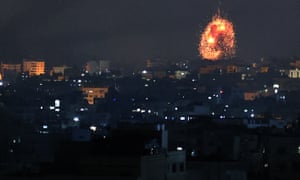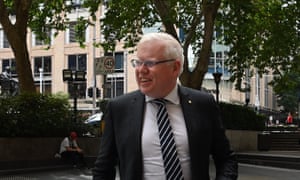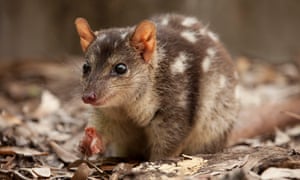Morning fellow travellers. Friday. The end of the week beckons, the sunlit uplands of the weekend your reward. Ben Doherty with you for a little while.
Much moving this week. The budget has dominated the parliamentary week, with experts arguing the financial blueprint for the nation fails to address Australia’s housing shortage and homelessness.
Thursday night’s budget in reply speech from Anthony Albanese carried a $10bn pledge for a social housing fund if Labor wins the next election.
Internal documents released to Guardian Australia show the federal government tried to stop the publication of an academic paper that found it needed to drastically increase its spending on threatened Australian wildlife.
The prime minister has denied he spoke in error when described the formulation of Australia’s one-China policy, answering a question about support for Taiwan by referencing “one country two systems” – a policy that governs Hong Kong. There is no mention of Hong Kong in the transcript.
The NSW MP Gareth Ward has stepped down down as minister over sexual violence allegations, denying “any wrongdoing” but saying he will leave the Liberal party room while police investigate.
And, after accusations of online harassment and abuse against Andrew Laming, Scott Morrison’s warm welcome to the MP this week feels like a rebuke to Australia’s women, writes Sarah Martin.
The government also passed legislation allowing it to indefinitely detain refugees, a law written in response to being ordered by the federal court to release a Syrian refugee it was warehousing in detention.
Internationally, Oliver Holmes reports Israel’s military is drafting a plan for a possible ground operation in Gaza, as it presses ahead with a fierce air offensive on the enclave and as Hamas, the militant group that runs Gaza, fires volleys of rockets deep into Israel.
India’s rampant wave of Covid infections continues. More than 4,000 people died from the virus on Thursday, according to official figures. The real toll is likely factors higher.






